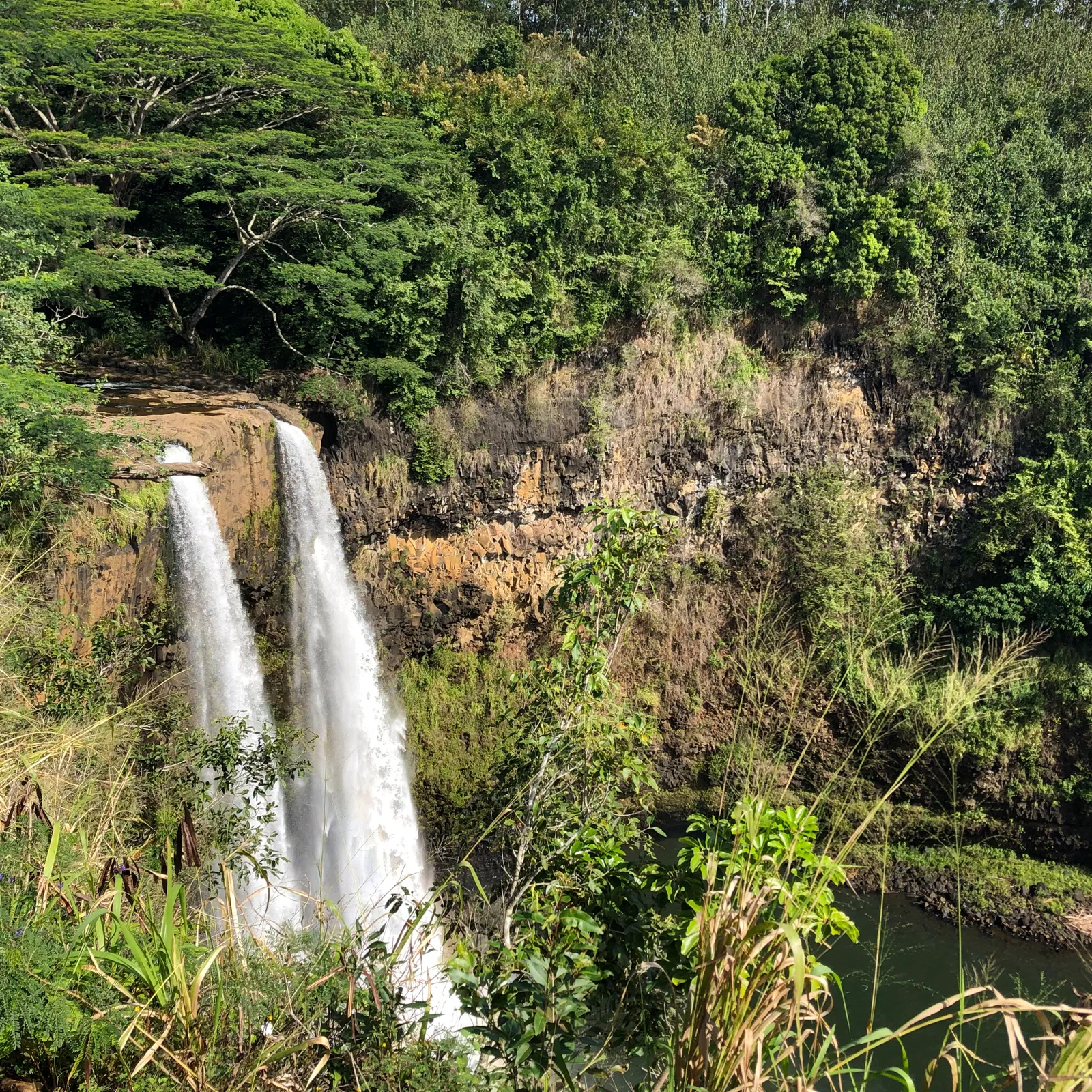Then it will be on to school year planning for 2023-2024! We start Sep 4!
Booklist
Some favorite resources we read to the children, used for research, or displayed in the Museum
13 titles from Fossilicious.com
How to Dig a Hole to the Other Side of the World
by Faith McNulty
The Stuff of Stars
by Marion Dane Bauer
Archaea:
Salt-Lovers, Methane-Makers, Thermophiles, and Other Archaeans
by David Barker
discussed during visit with microbiologist Dr. Scott Hamilton-Brehm
Life:
A Journey Through Time
by Frans Lanting
displayed crystal jelly and comb jelly, pp.84-85
Precambrian Period
Fossils from Lost Worlds
by Damien Laverdunt and Hélène Rajcak
displayed Hallucigenia, pp.18-19
Cambrian Period
The Drop in My Drink:
The Story of Water on Our Planet
by Meredith Hooper
displayed trilobite and Cooksonia
Silurian Period
Life on Earth:
The Story of Evolution
by Steve Jenkins
displayed Silurian and Devonian pages
Prehistoric Actual Size
by Steve Jenkins
displayed dragonfly and cockroach
Carboniferous Period
L is for Lincoln: An Illinois Alphabet
by Kathy-jo Wargin
Tullimonstrum, Illinois state fossil
Carboniferous Period
Life Story
by Virginia Lee Burton
displayed Permian pages
When the Whales Walked:
And Other Incredible Evolutionary Journeys
by Dougal Dixon
displayed When Birds Had Teeth, pp.30-31
Jurassic Period
The Colorful World of Dinosaurs
by Matt Sewell
displayed Yingshanosaurus, pp.52-53
Jurassic Period
Bizarre Dinosaurs:
Some Very Strange Creatures and Why We Think They Got That Way
by Christopher Sloan
displayed Gondwana and Laurasia, pp.30-31
Cretaceous Period
How Whales Walked into the Sea
by Faith McNulty
The Story of Life:
Evolution
by Katie Scott
displayed Megafauna, pp.70-71
Neogene Period
Apex Predators:
The World's Deadliest Hunters, Past and Present
by Steve Jenkins
displayed marsupial saber-tooth and giant Teratorn
Neogene Period
Early Humans
by Michelle Breyer
Our Family Tree:
An Evolution Story
by Lisa Westberg Peters
displayed last two page spread
"We began as tiny round cells, and we've changed a lot since then.
But we carry with us reminders of each step of our past.
That's how it is with families.
And ours goes back a long, long way."
Pacing
- Monday AM - scientist visit
Monday PM - read Precambrian book; do artwork for Early Earth, Endless Rains, Microbes (gelatin plate monoprinting), Sponges
Tuesday AM - read Cambrian & Ordovician books; do artwork for Trilobites (black glue), Hallucigenia (clay), Crinoids (pipe cleaners)
Tuesday PM - read Silurian book; set up celery and colored water experiment, do artwork for Cooksonia
Wednesday AM - read Devonian book; do Fish Printing
Wednesday PM - read Carboniferous & Permian books; make Giant Millipede (brown paper) and Mass Extinction Graph
Thursday AM - read How Whales Walked into the Sea, do Living Fossils Hike
Thursday PM - do artwork for Dinosaurs, discussion of Early Humans
Friday AM - families walk through the Museum!
Friday PM - play Hunter Gatherer Simulation Game and Poetry for Neandertals
We spent much of our time on the Paleozoic Era since they had little to no prior knowledge of it. They also had many questions about plate tectonics. I wish it were possible to buy globes showing the locations of continents in their past arrangements!
Next year, it would be great to go on a field trip on Friday morning to see the Protoceratops fossils at SIU after we show off the Museum.
This post contains affiliate links to materials I truly use for homeschooling. Qualifying purchases provide me with revenue. Thank you for your support!






















 Immersive Experience
Immersive Experience Immersive Experience
Immersive Experience






No comments:
Post a Comment